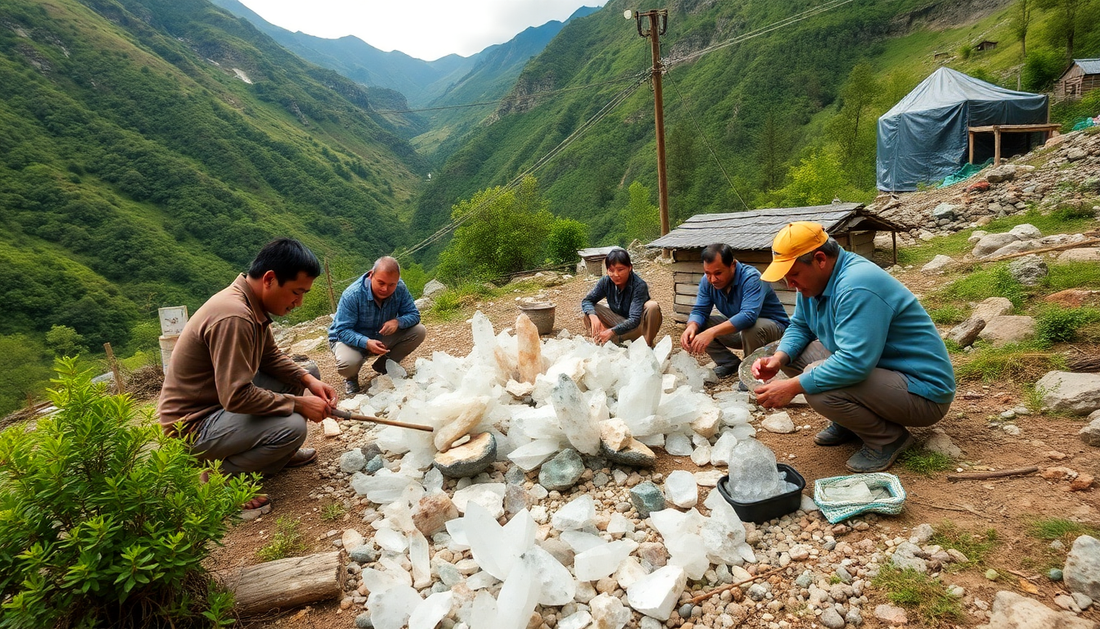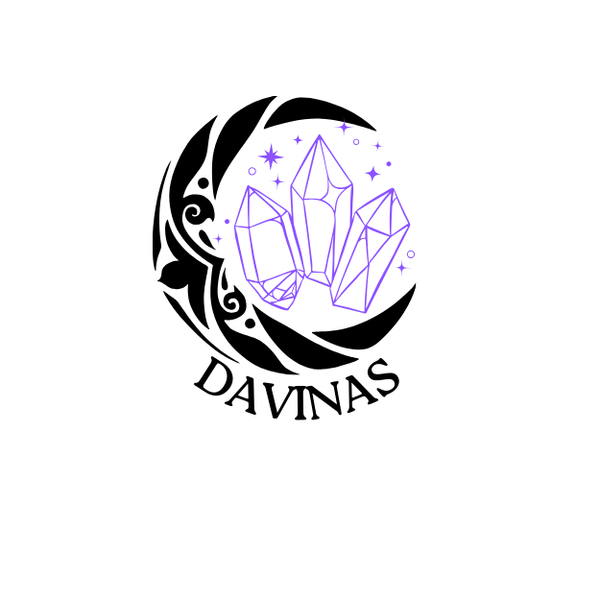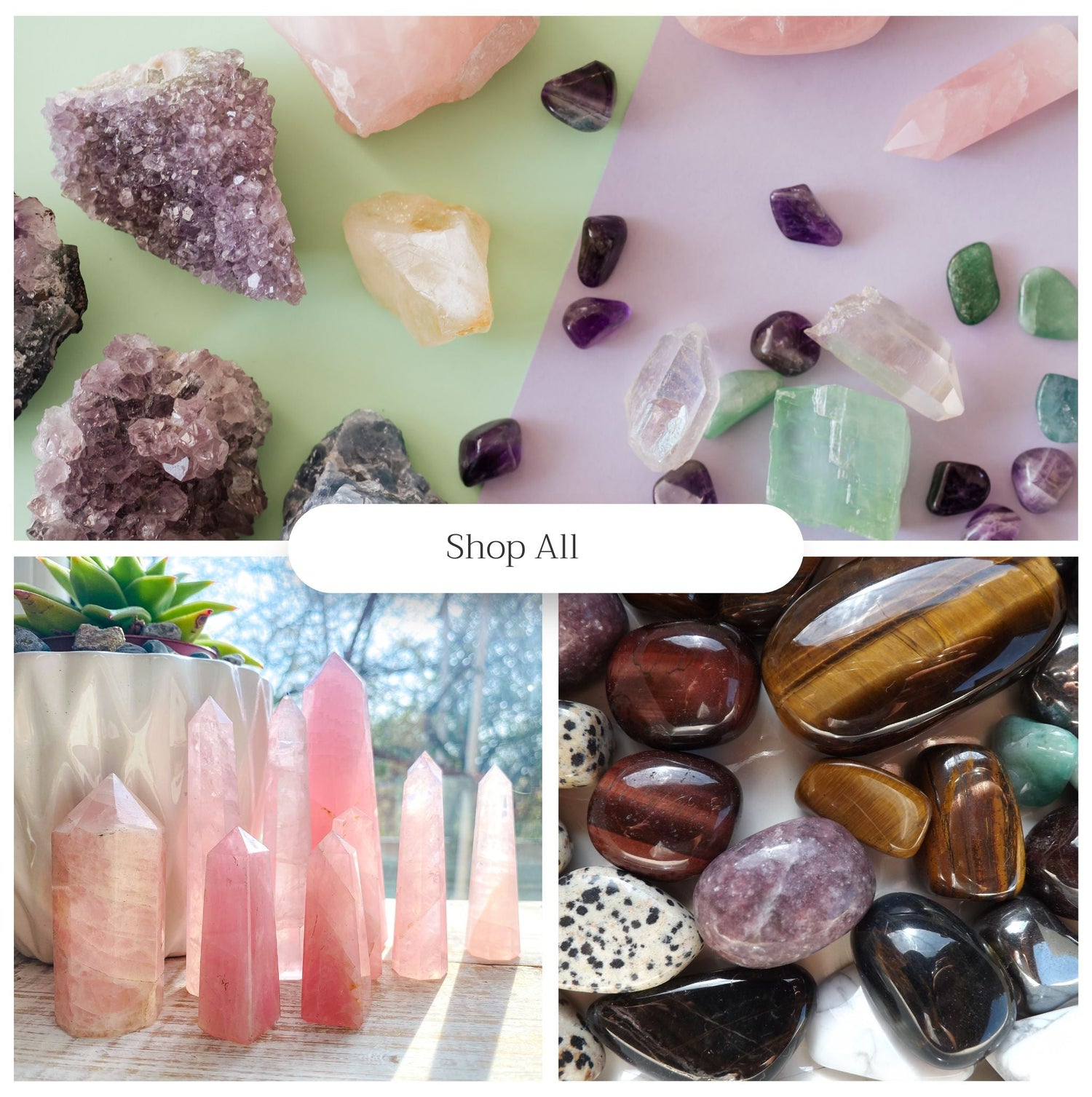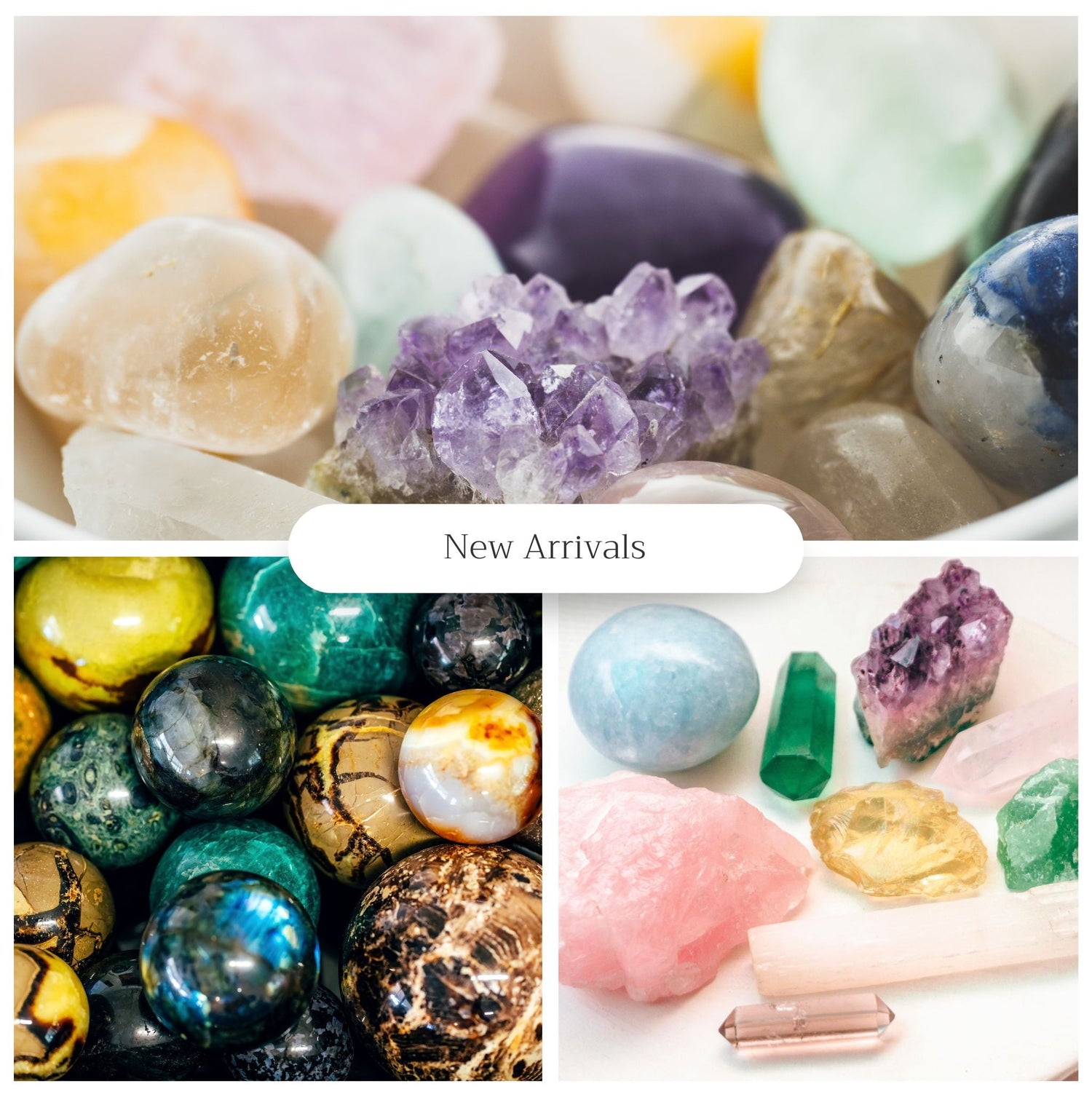
Why Choose Ethical Crystals: Benefits and Insights
The Importance of Ethically Sourced Crystals
Crystals have become a popular part of modern lifestyles. Many people use them for healing, decoration, or as meaningful gifts. However, as demand grows, it’s crucial to consider where these beautiful stones come from. Ethics in crystal buying matter just as much as the crystals’ beauty and energy.
Understanding Ethically Sourced Crystals
Ethically sourced crystals are those obtained through mining practices that respect the environment and human rights. Unlike conventional crystal sourcing, which may involve harmful environmental damage or exploit workers, ethical sourcing prioritizes fairness and sustainability.
Conventional mining can be careless, with little regard for nature or local communities. Ethical sourcing focuses on minimising harm and supporting the people involved in the process.
The Impact of Crystal Mining
Irresponsible crystal mining can lead to severe environmental problems. It often causes habitat destruction, soil erosion, and water pollution. These effects harm both wildlife and nearby residents.
Social issues are also a concern. Unethical sourcing may involve child labour, poor working conditions, and unfair wages. Workers might face unsafe environments without proper protections. Such problems hurt communities and violate basic human rights.
What Makes Crystal Mining Responsible?
Responsible crystal mining follows clear principles like fair pay, safe working conditions, and respect for local laws. It also includes efforts to reduce environmental damage, such as land rehabilitation and limiting pollution.
Sustainable crystal sourcing benefits communities by creating jobs that support local economies. It encourages transparency and long-term thinking to protect both people and the planet.
Identifying Conflict-Free Crystals
Conflict-free crystals are stones mined without funding violence or exploitation. These crystals do not contribute to conflicts or human rights abuses.
To verify if crystals are conflict-free, buyers should look for evidence from sellers, such as verified supply chains or third-party audits. Reliable sellers usually provide clear information about where crystals come from.
Crystal Buyer Tips for Ethical Purchases
When buying crystals, ask sellers about their sourcing practices. Questions could include where the crystals were mined, how workers are treated, and what efforts are made to protect the environment.
Look for signs of crystal sourcing transparency, like detailed product descriptions and openness about supply chains. Certifications and labels from recognized organizations can also indicate ethical sourcing.
Why Choose Ethically Sourced Crystals?
Choosing ethically sourced crystals brings personal satisfaction by aligning purchases with your values. It means supporting practices that care for the environment and respect human rights.
Supporting sustainable and fair-trade practices helps create positive change. Your purchase can aid communities in building better futures while preserving the natural world.
How Davinas Supports Ethical Crystal Buying
At Davinas, we are committed to crystal sourcing transparency. We work closely with suppliers who follow responsible mining guidelines to ensure our crystals are ethical.
Our handcrafted jewellery features responsibly sourced materials made with care. Each piece reflects a promise to protect the planet and honour all people involved in making it.
Conclusion
Ethical crystal buying is vital for a sustainable future. Understanding the impact of mining and choosing responsibly sourced crystals helps protect the environment and support fair labour.
Making mindful choices empowers you to enjoy beautiful crystals without compromise. Explore Davinas ethical crystal collection today and feel good about every purchase you make.



